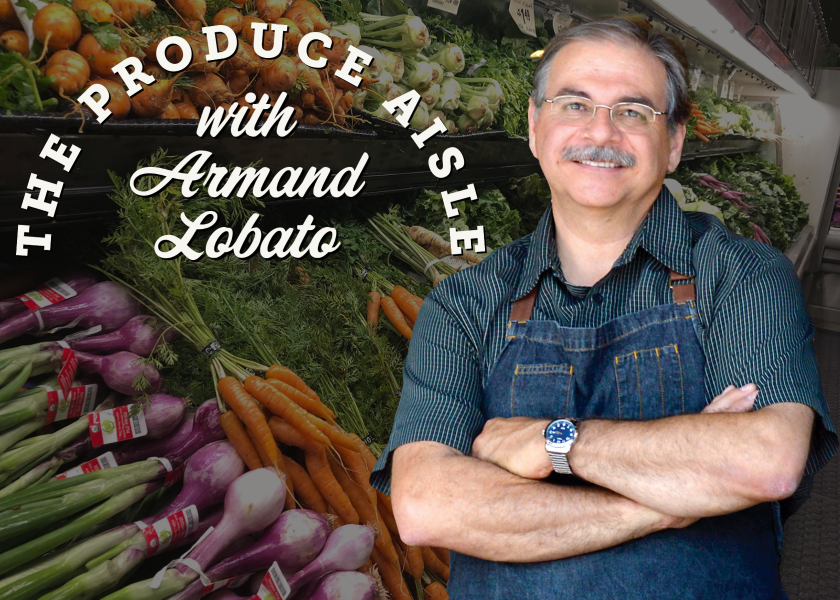Fighting the good fight? A look at produce credit wars

The saying, “Give credit where credit is due” is attributed to Samuel Adams from a letter written in 1777. Digging even deeper, the maxim can be traced to Romans 13:7 in the King James Bible, which reads, in part, “Render therefore to all their dues…”
In the produce aisle, “I want credit!” is a common lament.
You hear it from produce managers to their warehouse or distribution center. Or from buyers to their suppliers. It happens at all segments of the industry, in one manner or another. And I have to say, for the most part, at store level ... it’s dubious.
Before anyone gets their knickers in a twist, hear me out.
There are plenty of bona fide reasons for seeking credit with fresh produce. Stores indeed can be shorted product. Occasionally. Product can arrive damaged, frozen or otherwise unsalable.
It could be that an item should have been a larger pack than what was actually received. Some products do arrive with expired or short sell-by dates.
All these things do happen. Sometimes. And a produce manager should always be on the lookout for anything amiss.
It’s the buyer’s job to maintain a fresh inventory, just as the supplier is charged with providing the buyer’s specified quality and quantity. Quality assurance inspects the inbound freight. It’s the warehouse’s job to ensure that product is handled correctly, is in temperature, rotated and delivered to the stores in optimum condition.
Once a truck door closes and an invoice is signed, ownership transfers from the supplier to the receiver, or from the warehouse to the store. That, my post-harvest specialist friends, is when the retail responsibility kicks into gear.
The disciplined store follows careful steps when managing inventory ownership. Upon receiving, a load should be inspected for accuracy, for quality issues, for damage. The load should be immediately broken down, handled carefully, rotated, and put away in either the cooler or dry storage as required.
Once broken down, the load should be checked off against the invoice, noting any shortages or other possible mistakes.
And mistakes do occur — receiving 20 garlic cases instead of the 20 onions charged for but missing, for one example.
Once put away, the load should be code dated so it’s easier to track any aging inventory, to help determine what product was received, which day. Every commodity should be organized, grouped together for easy access for stocking and for subsequent ordering.
My message to produce managers? Focus on these critical steps listed.
Remain vigilant, certainly. But don’t get caught up like an unruly sports fan blaming a team’s problems on the referees. Rather, concentrate more on managing the department properly and less on the credit exercise cycle.
Armand Lobato works for the Idaho Potato Commission. His 40 years’ experience in the produce business span a range of foodservice and retail positions.







